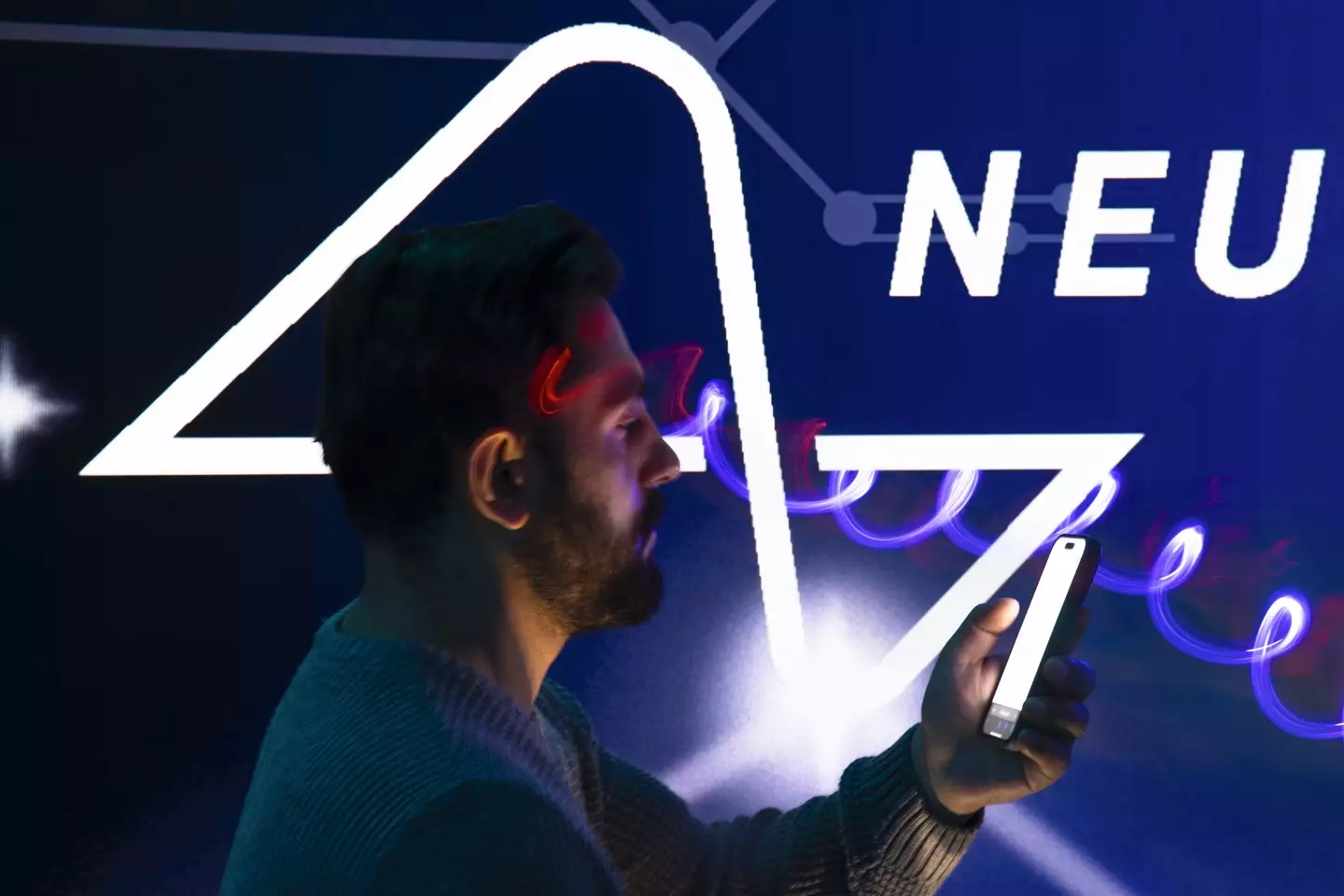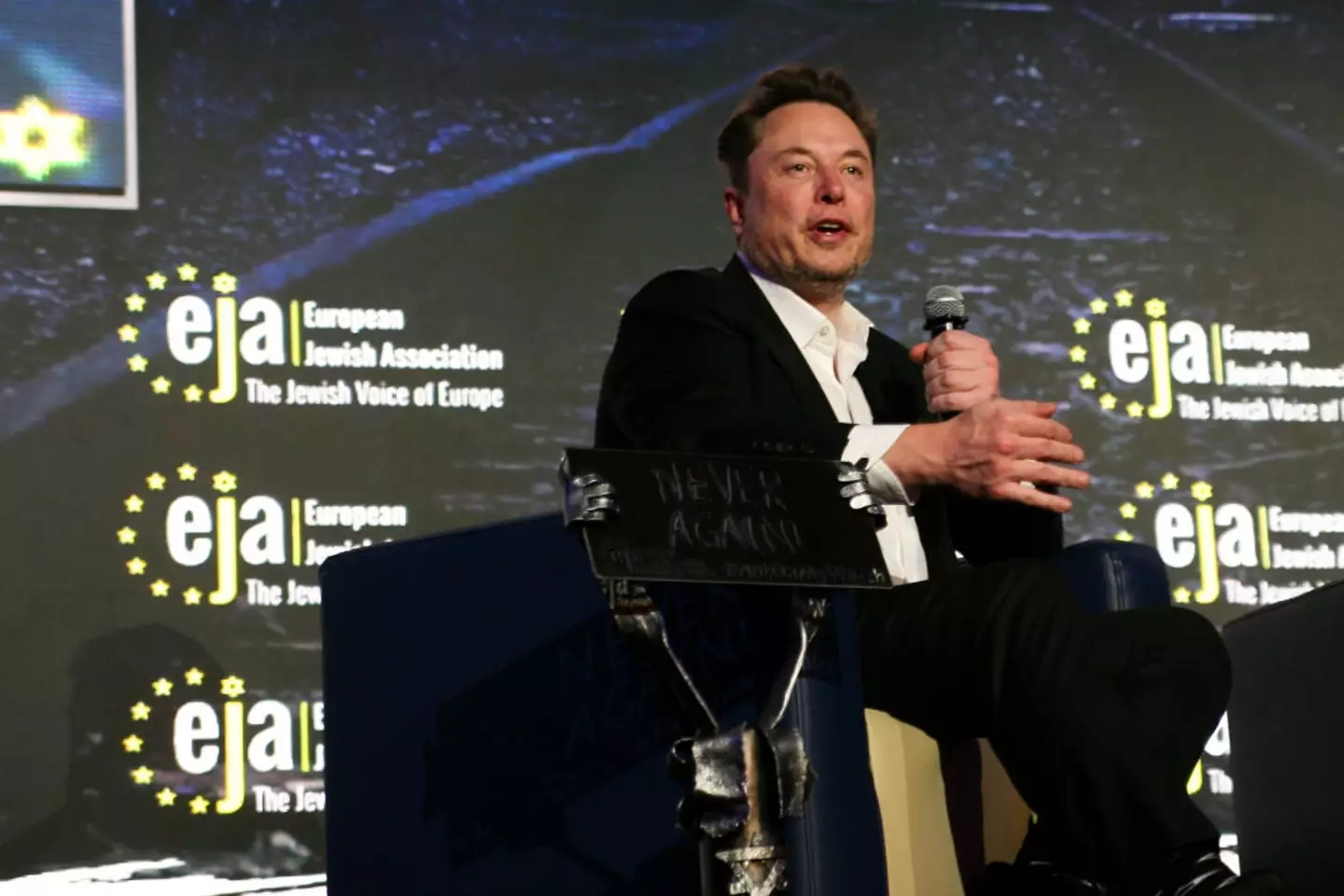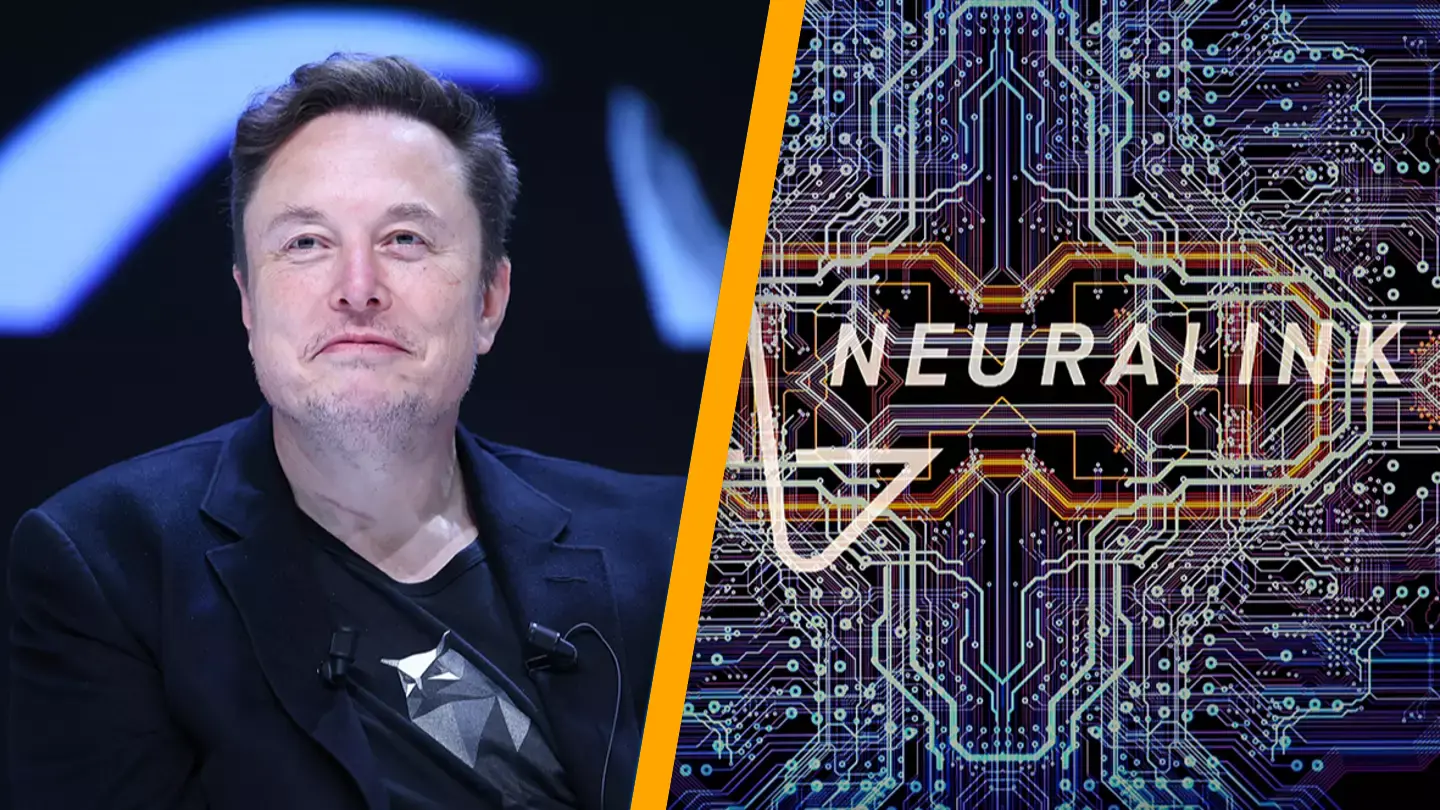With the announcement that a third individual has received Elon Musk’s Neuralink brain chip, many are curious about what the device entails and its functionality.
Elon Musk established Neuralink in 2016, and the first brain implantation occurred approximately a year ago.
In a Las Vegas interview broadcasted via his social media platform Twitter this week, Musk confirmed: “We’ve got … three humans with Neuralinks and all are working well.”
The notion of having a chip implanted in one’s brain might resemble a science fiction storyline gone awry.
However, the Food and Drug Administration (FDA) authorized Neuralink to conduct human trials in May 2023.
To date, participants in Neuralink’s clinical trials have demonstrated some remarkable outcomes.
Noland Arbaugh, who experienced paralysis below his shoulders due to a diving accident, showcased his newfound ability to play chess, video games, and learn languages independently, activities he couldn’t perform before.
Neuralink distinguishes itself by focusing on individual neurons, unlike other Brain-Computer Interfaces (BCIs), providing essential data for interpreting thoughts.
For the implantation process, the Neuralink device, which is smaller than a 50 cent coin, is placed into the skull using microscopic wires.
These wires can record and interpret neural signals, which are then transmitted back to a receiving unit through electrical stimulation.
This technology allows users to control devices purely through thought.
The company has also developed a robot designed to implant the device surgically.
Musk notes that since the initial implant, Neuralink has enhanced its chips with “more electrodes, higher bandwidth, and longer battery life.”
He also expressed aspirations to implant the devices in up to 30 more individuals this year.

According to Nasdaq, a Neuralink chip is estimated to cost approximately $10,500 for ‘exams, parts, and labor.’
However, the cost to insurers could raise the BCI price to around $50,000.
The total expense may increase further when considering the rising costs of the chip’s components, the surgical procedure, and the necessary hardware for the chip’s operation.

Ever-ambitious Musk envisions that his BCIs will eventually enhance memory and cognitive abilities, as well as restore motor, sensory, and visual functions in users.
The chips could also potentially aid in treating neurological conditions, including epilepsy and diseases such as Parkinson’s.
It may take some time before these sorts of medical trials become widely available.
If you’re interested in trying this technology, it might be wise to start saving…

